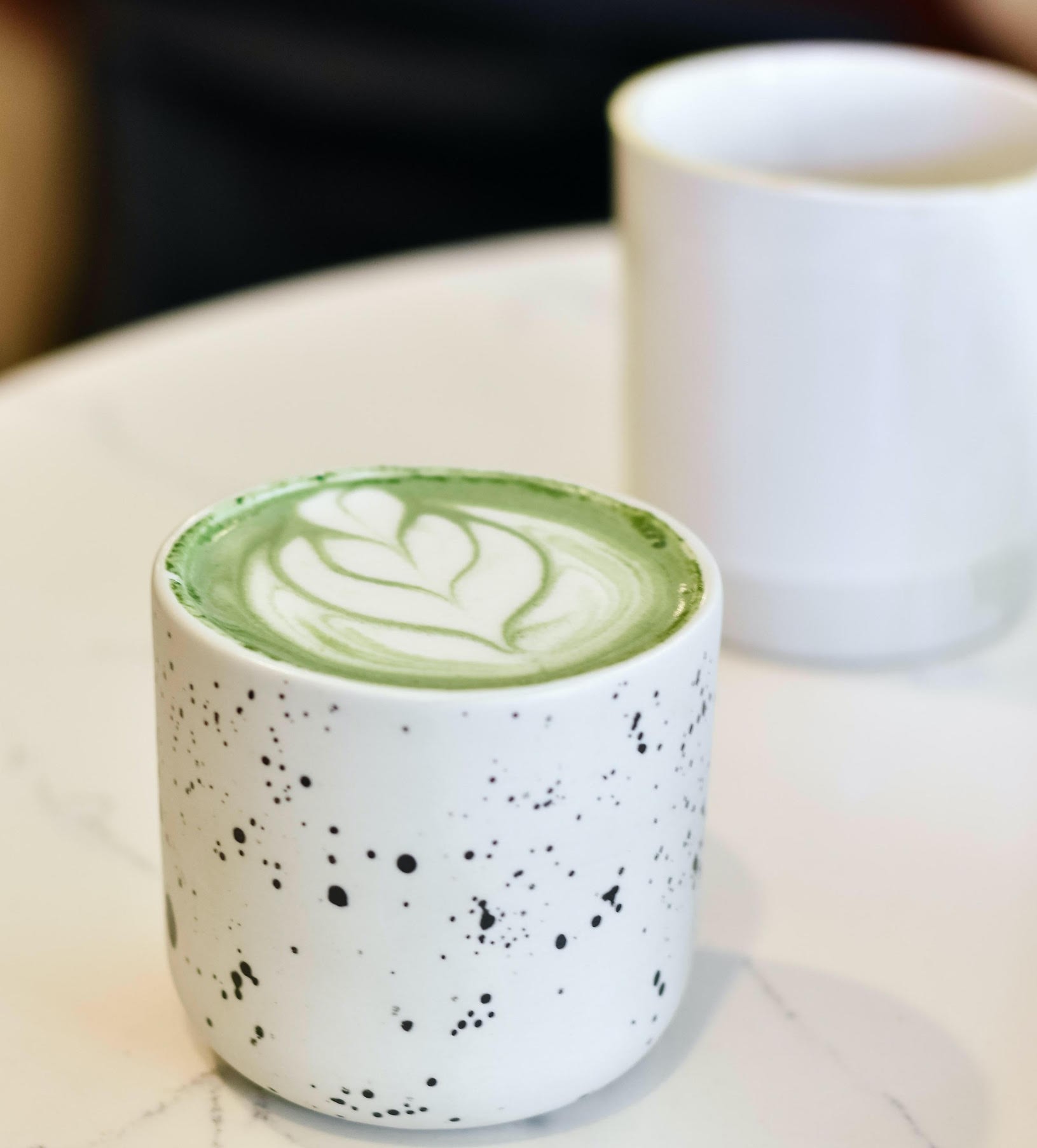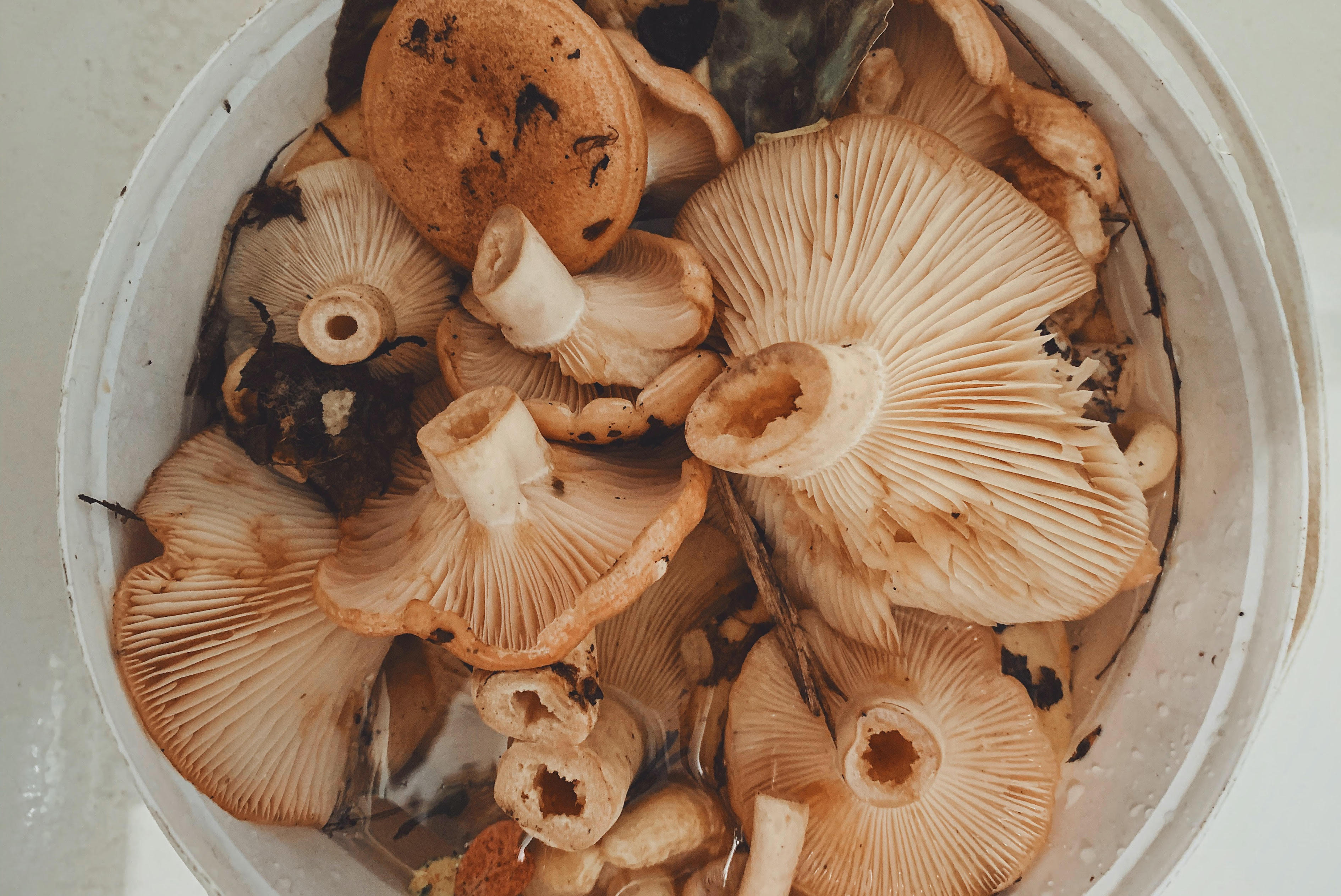Five plants to harmonise your health
In today’s world of go go go, chronic stress is playing an increasingly more common role in the development of low-grade inflammation and disease. In fact it is often one of the root causes of hormone imbalances leading to the development of seemingly unrelated symptoms…
Maybe your monthly cycle isn’t quite as regular as it used to be, or you are often plagued by PMS symptoms that leave you feeling groggy, fatigued and anxious around the same time each month?
Perhaps you struggle with muscle and joint pains, resulting in extended recovery times which hold you back from really pushing yourself during your workouts?
Or you are trying to control regular feelings of anxiety, which you physically feel in your whole body, especially your digestive system–pain, bloating and diarrhoea or constipation may be common ailments for you.
Many of these symptoms can be linked to systemic inflammation with stress as one of the root causes. While medications are often routinely offered to treat individual symptoms, there are other holistic approaches you can take to support your body.
Along side a nurturing diet and lifestyle changes, there are a number of plants and fungi which when used at the correct dosage, can exhibit positive effects on the body and reduce many of these symptoms. If you are looking for a more natural way to manage your inflammation, read on to find out how these five botanicals may be of use...

1. Matcha
Matcha is a type of green tea typically consumed in Japan, but its popularity is growing all over the world. It is unique in that it contains high levels of L-theanine; L-theanine is an amino acid which has calming effects in the body. It works to support our alpha brain waves, which helps us to experience increased concentration, focus, clarity, anti-anxiety and improved REM sleep cycles. Due to its stimulating effects, matcha tea is a great replacement for your morning coffee - you can experience all the mood-enhancing and energising feelings of your usual brew, without the familiar anxiety-inducing ‘buzz’ of caffeine.
2. Curcumin
I’ve spoken about curcumin (the active compound found in turmeric) in a previous article (click here to read it) but I feel it deserves a place in this list, too. Curcumin is a powerful antioxidant and anti-inflammatory and as such, has been used for the management of several conditions including depression, rheumatoid arthritis, Chrohn’s disease, ulcerative colitis and anxiety. Because of its cortisol-lowering properties, it can be useful for anyone struggling with stress, adrenal fatigue or general systemic inflammation. The dose of curcumin can vary substantially, but anything between 1000 and 2400mg is usually both safe and effective.
3. Rhodiola
Rhodiola, also an adaptogen plant, is a herb that grows in the cold, mountainous regions of Europe and Asia. As an adaptogen similar to ashwagandha, it can also provide beneficial effects for those struggling with inflammation and adrenal dysfunction - though as a stimulating adaptogen, it is not recommended to be taken at bedtime. It has both mood-regulating and nervous-system calming properties, which can be useful if you are experiencing anxiety, depression, mental fatigue or brain fog. Research also demonstrates that rhodiola can be effective for boosting both libido and fertility, so it may be a good choice for those experiencing low sex drive (often a sign of inflammation). Daily supplementation between 100 and 400mg is typically recommended.
4. Ashwagandha
Along with other medicinal plants, ashwagandha belongs to a group of substances called adaptogens, which are thought to help to support the body’s natural ability to manage stress. Ashwagandha is known for its gentle, soothing and calming effects, particularly on the nervous system. Studies have reported a number of positive effects on both physical and mental health from daily ashwagandha supplementation, including improved sleep quality, reduced anxiety, lowered cholesterol and blood glucose in diabetics, and reduced levels of inflammation, especially in inflammation-related conditions such as rheumatoid arthritis and fibromyalgia. I recommend 3-6g of dried ashwagandha in capsule form daily; those sensitive to plants in the nightshade family should be cautious of using ashwagandha as it is also classed as a nightshade.

5. Reishi mushroom
Reishi mushroom is the final adaptogen on our list - this one has calming and nourishing effects in the body, so it is great for soothing your adrenals if you feel chronically overwhelmed, stressed or anxious. It is not only well studied for reducing inflammation and promoting immune function, but reishi mushroom also helps to calm the nervous system. As such, I often recommend it for those who are struggling with sleep; taking reishi mushroom can help promote a deeper, more restorative sleep cycle. For sleep support, I recommend taking a 3-9g dried mushroom supplement daily before bed. Of course, those allergic to mushrooms should avoid.
Where do I start?
You’ll notice that many of these plants offer similar benefits, meaning that several could be useful for you. I always recommend choosing the one you feel is most appropriate for your condition and starting with that one - take it for 4-6 weeks at the lower dose (if applicable) before deciding whether to increase the dose or add additional supplements. Always work with a nutritionist or functional medicine practitioner to find the plant supplement(s) and dosage that works for you and your lifestyle. Finally, always talk to your healthcare provider before starting any herbal supplements, just in case there may be an interaction with your prescription medication.
In my next article (part of a two-part series), I’m going to be diving deeper into the role stress plays in hormonal imbalances and inflammation.

